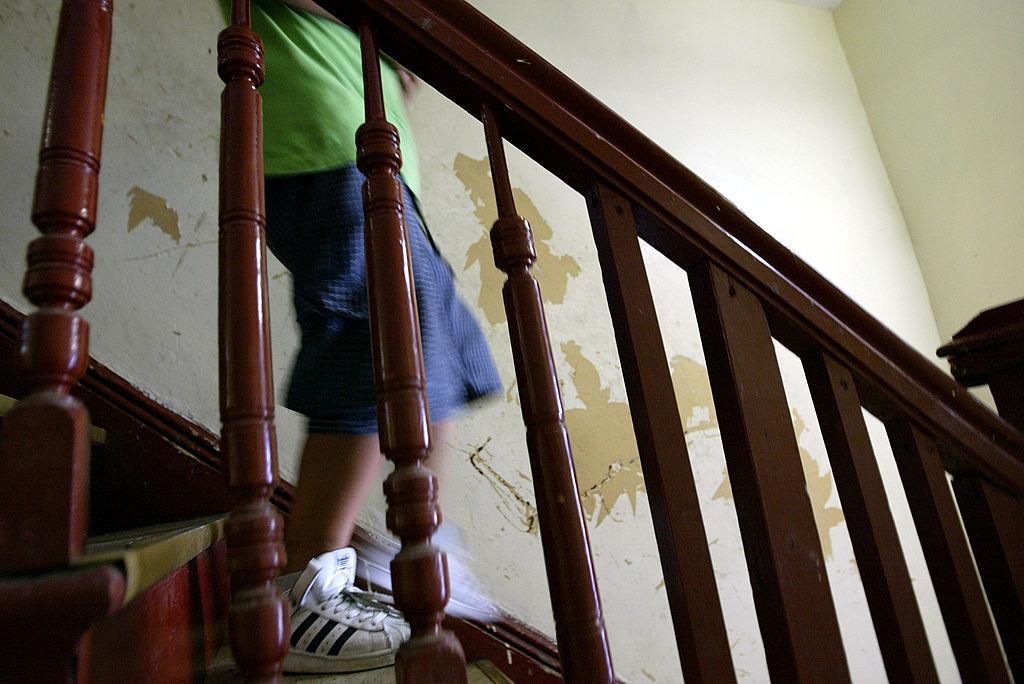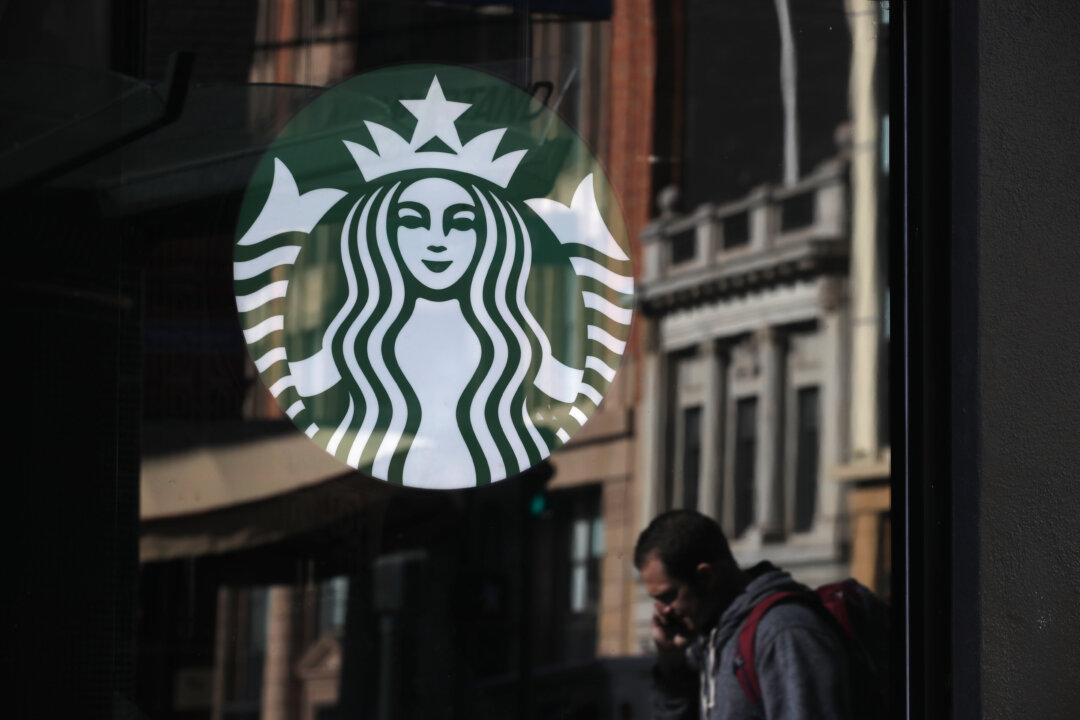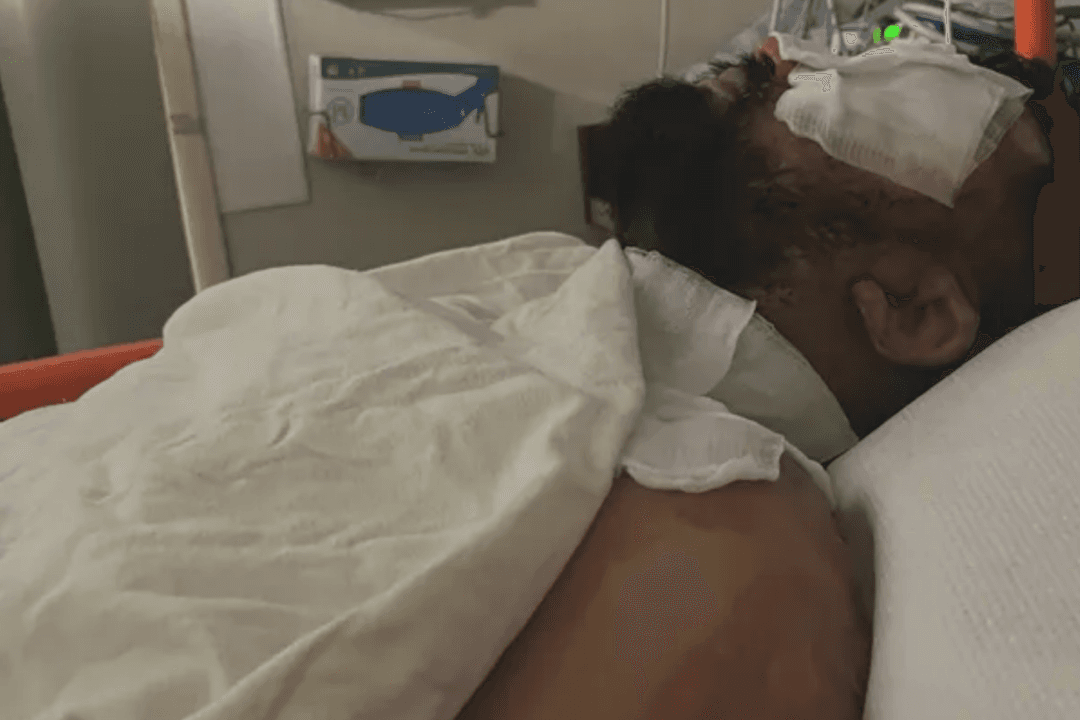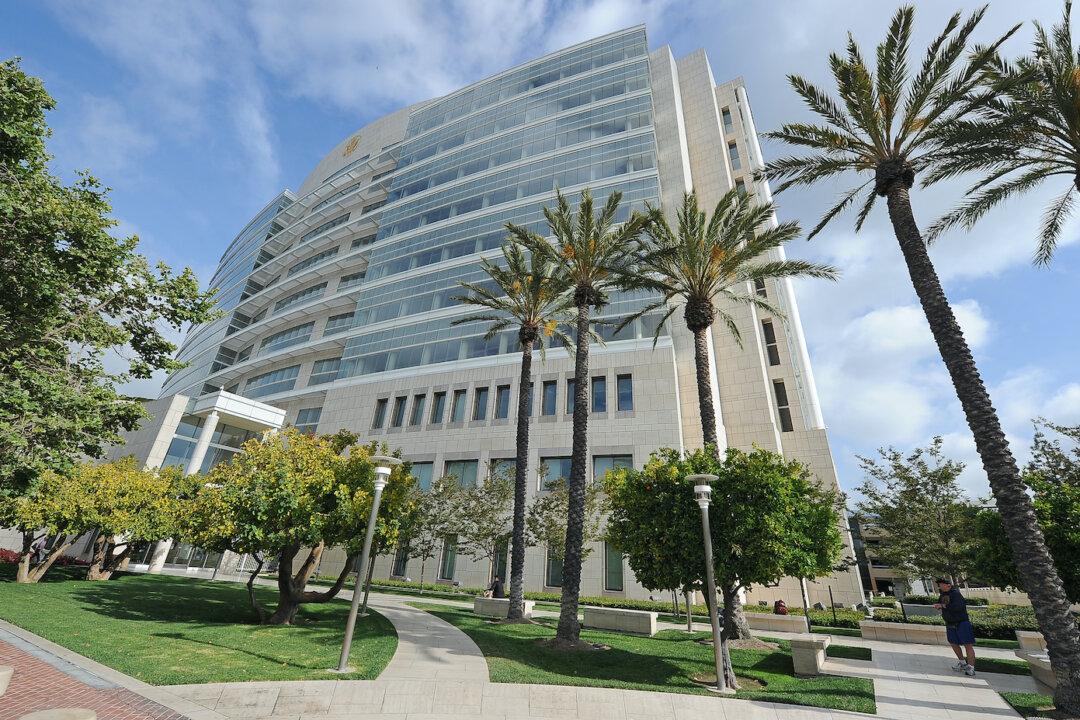The Orange County Health Department announced earlier this month $1.4 million has been granted to the agency from the U.S. Department of Housing and Urban Development to remove toxic lead paint in homes of low-income residents, according to a May 11 press release.
The funding has been awarded to a local nonprofit—Azure Community Development—which will lead the removal service for free and facilitate the process for which homes are chosen.




